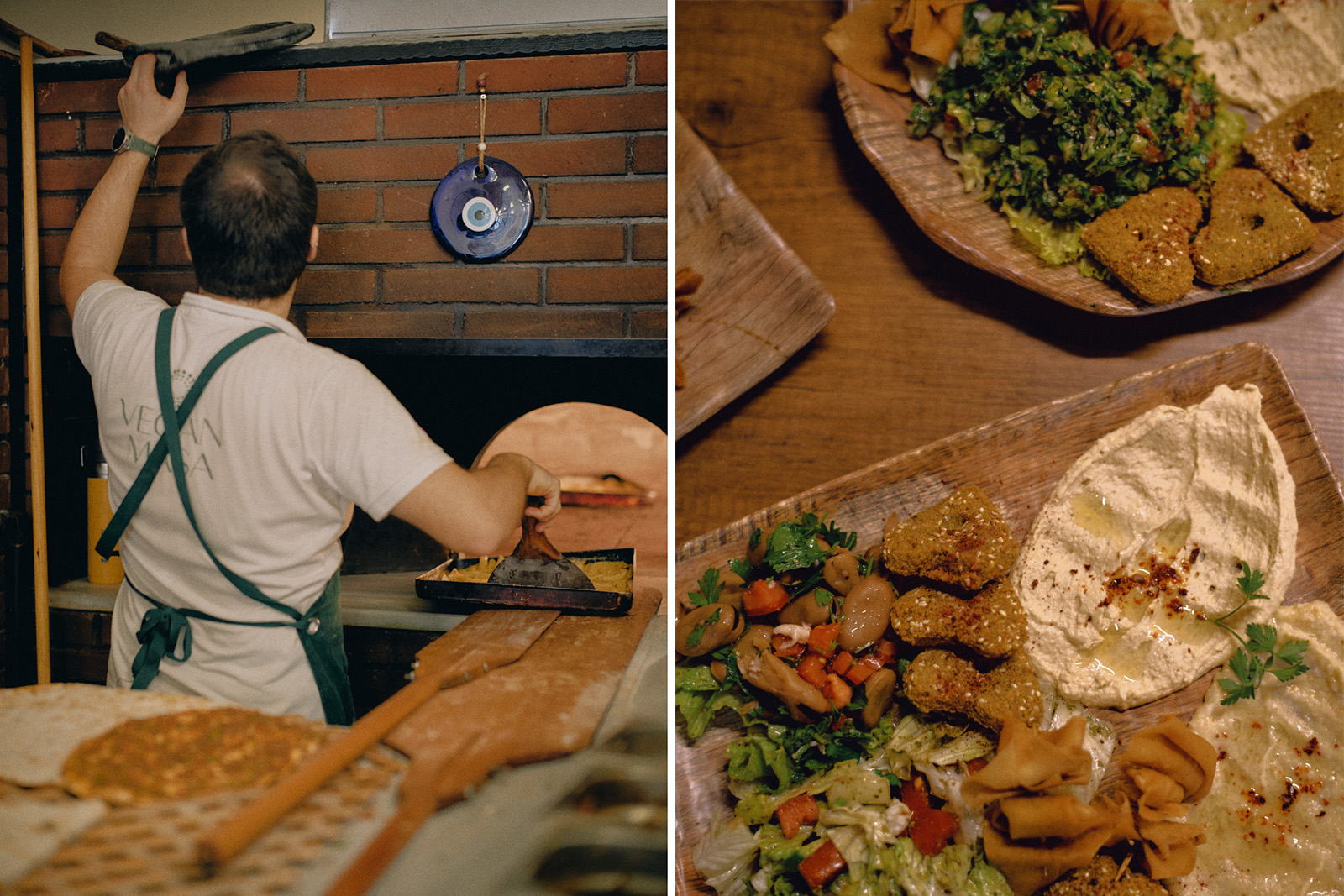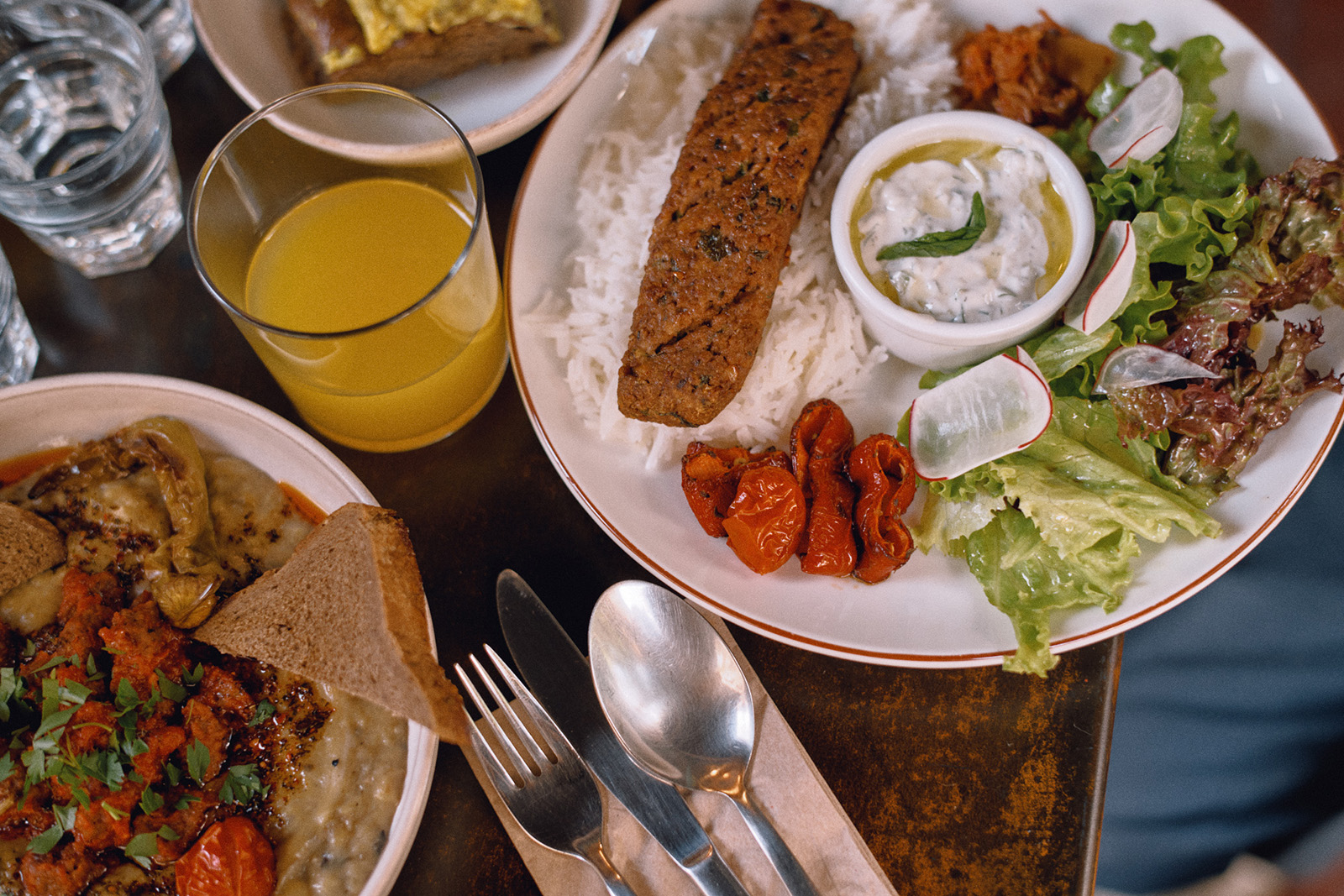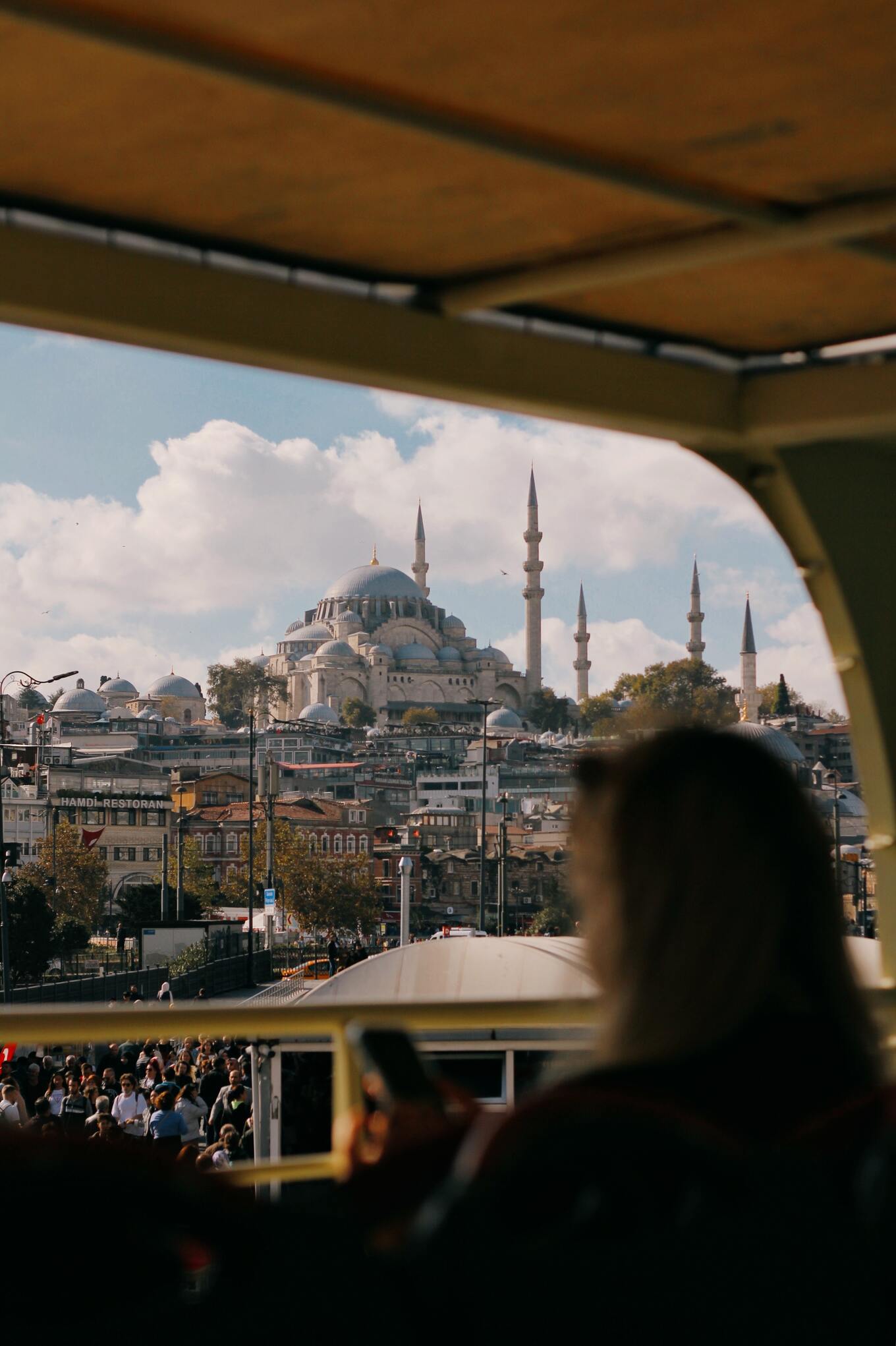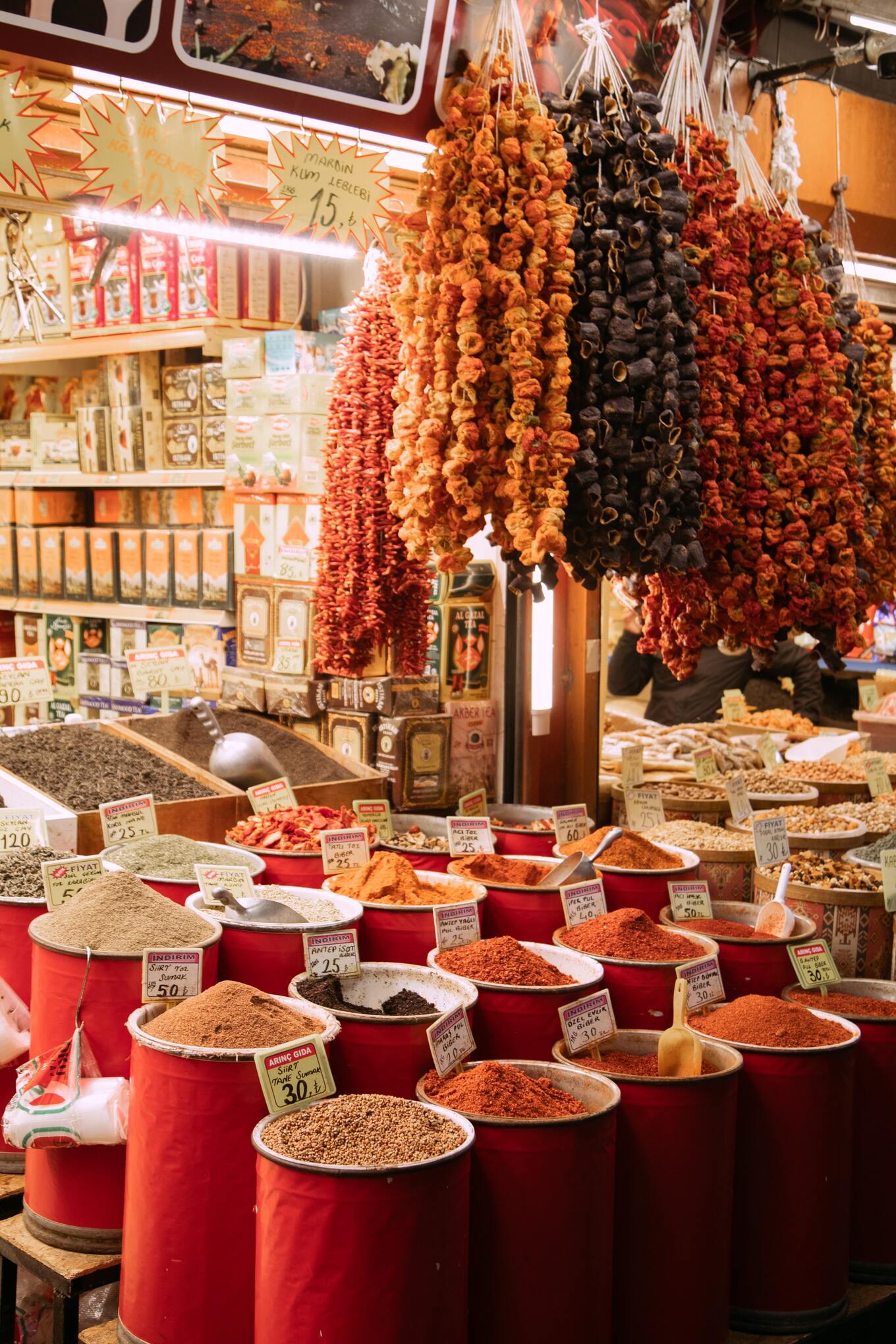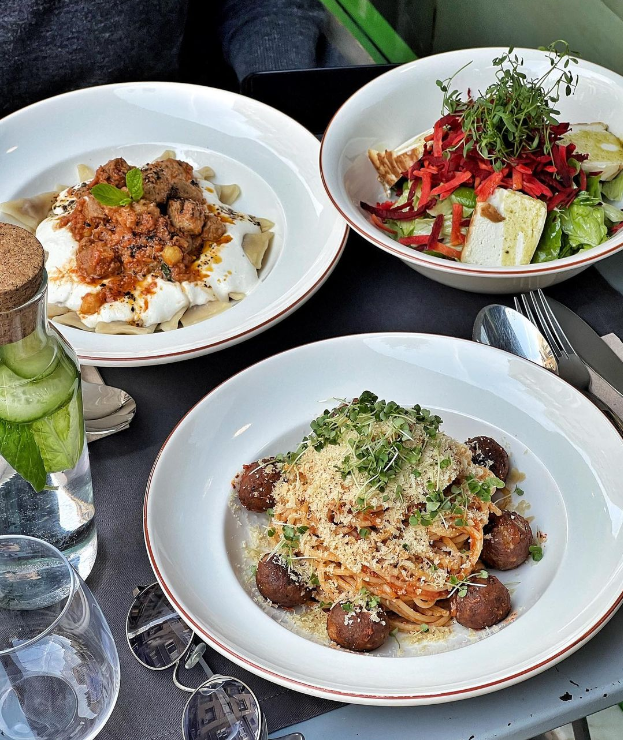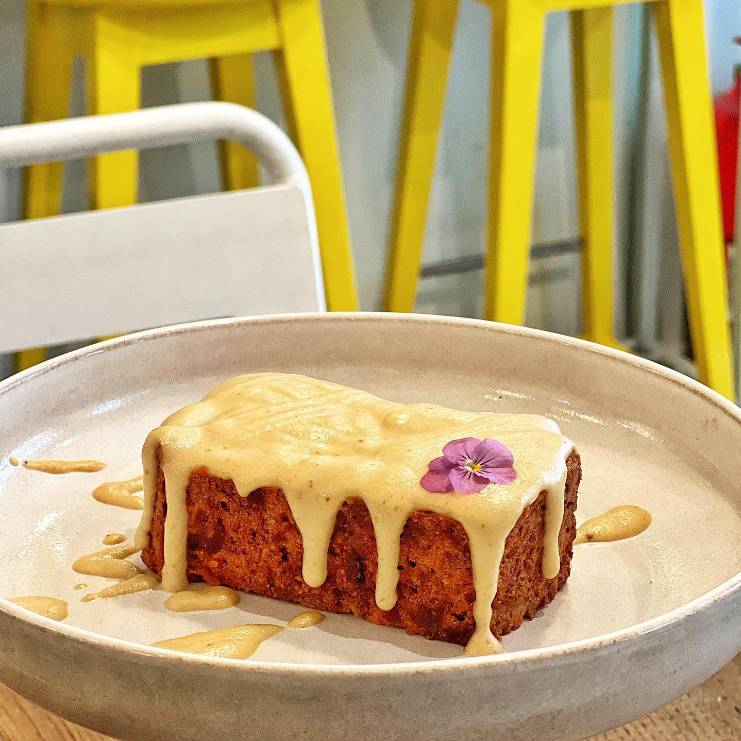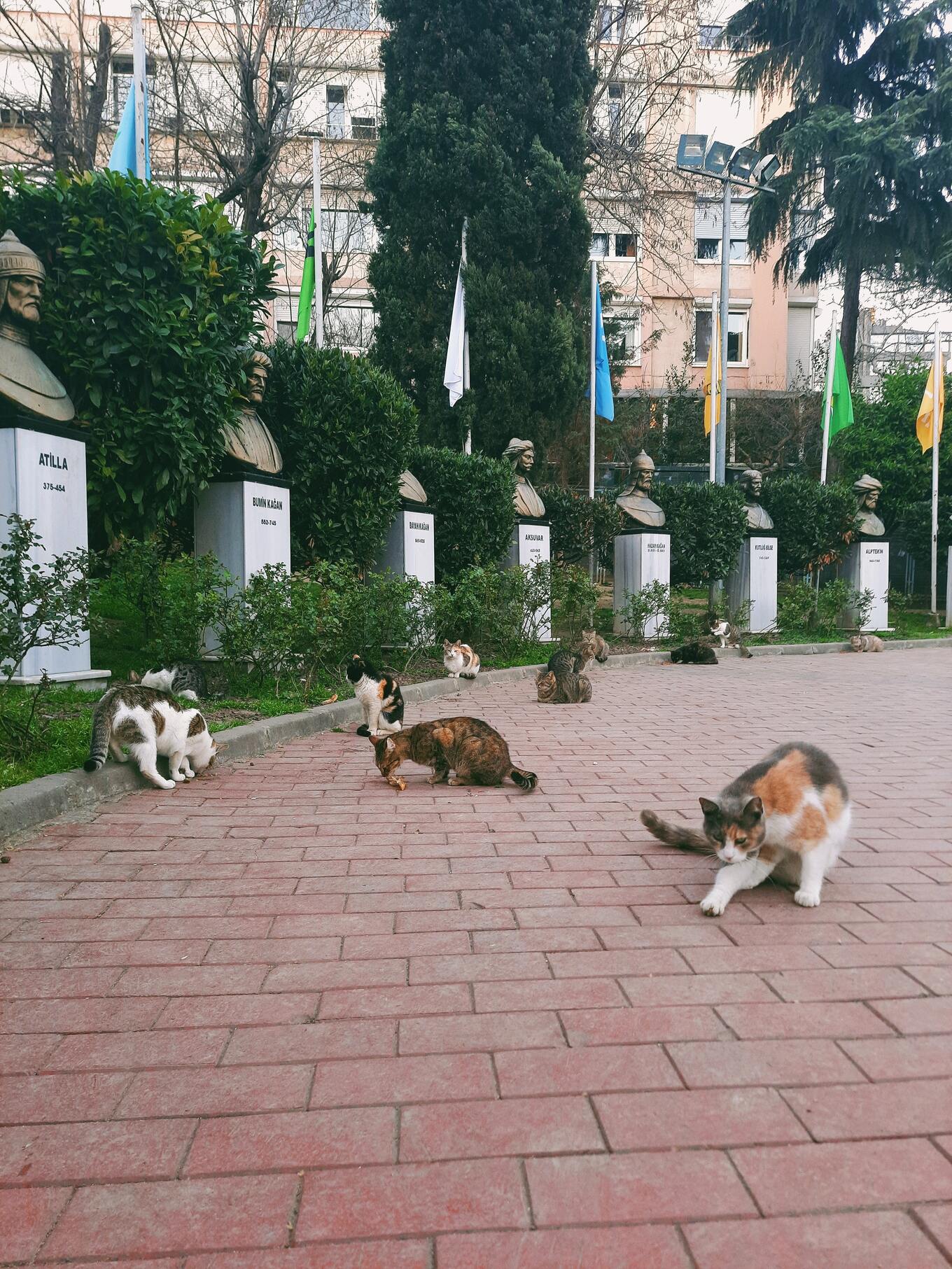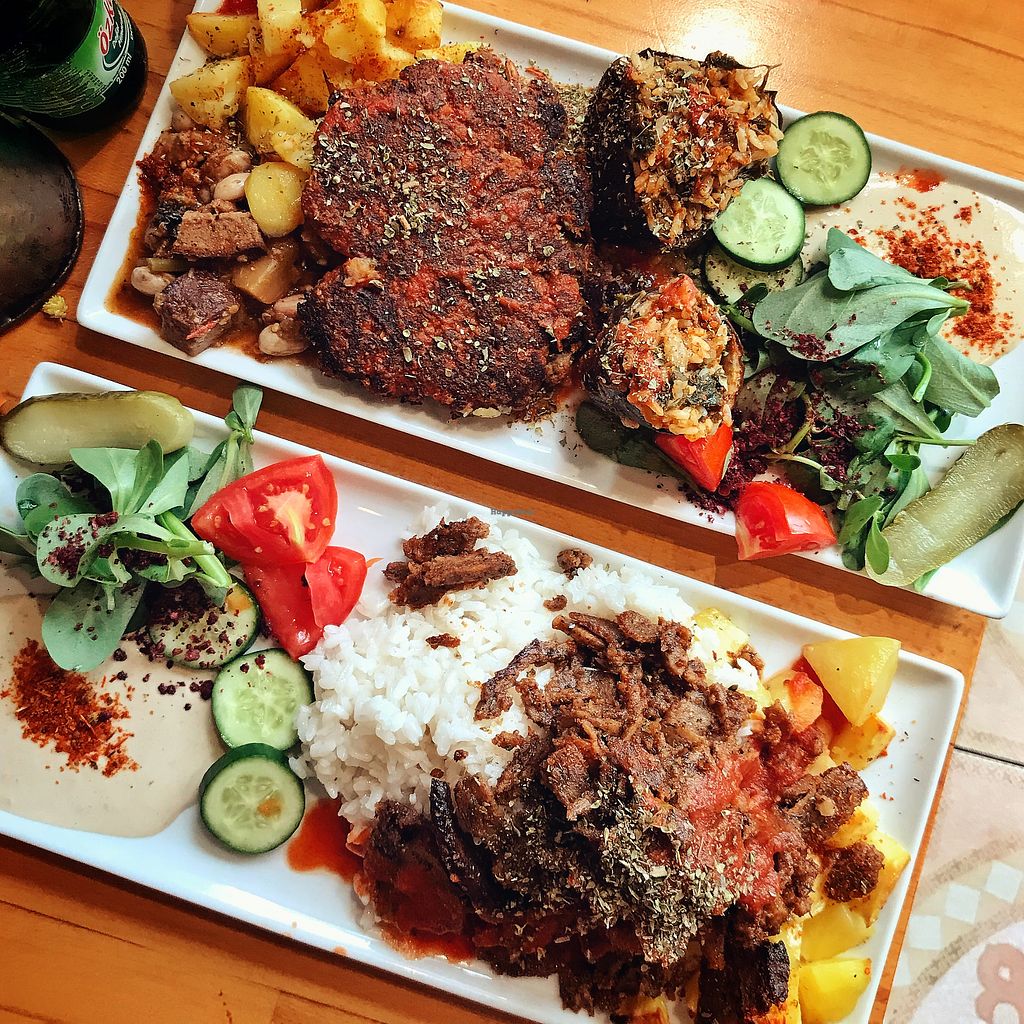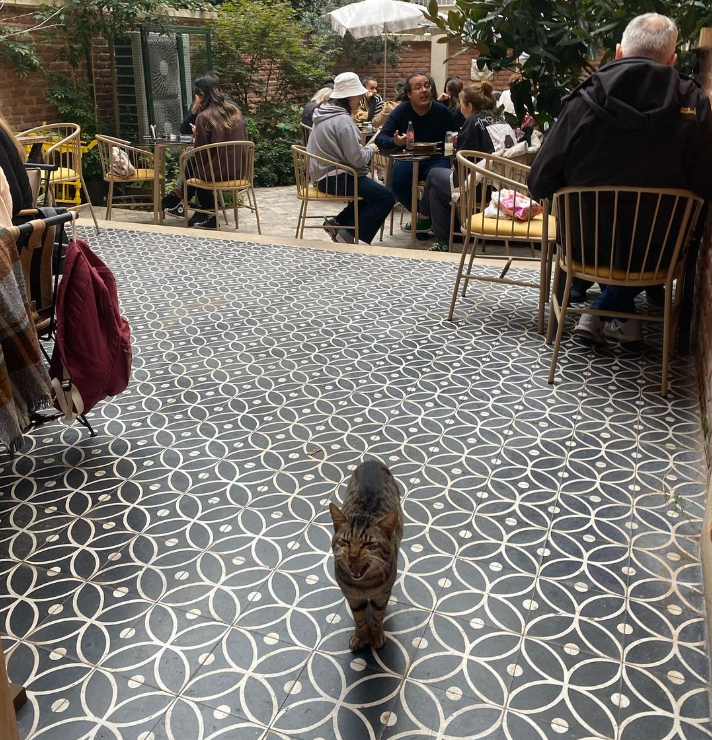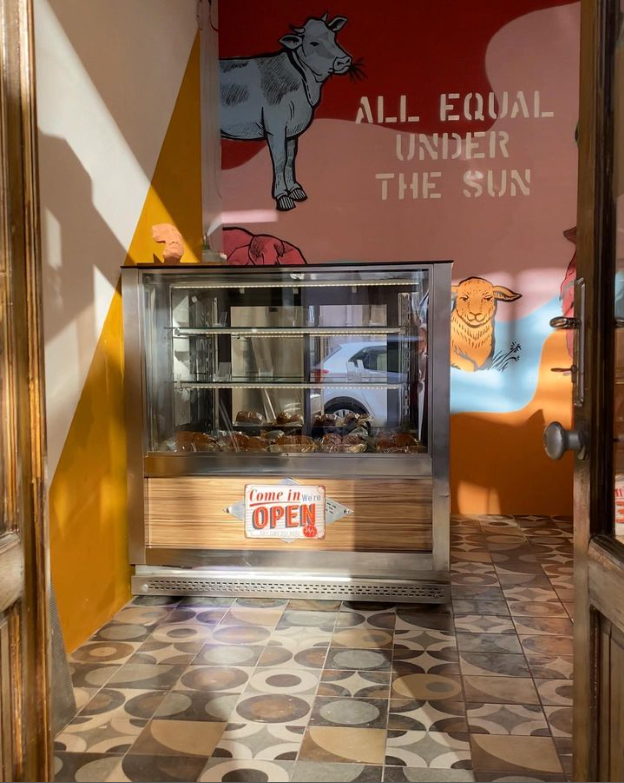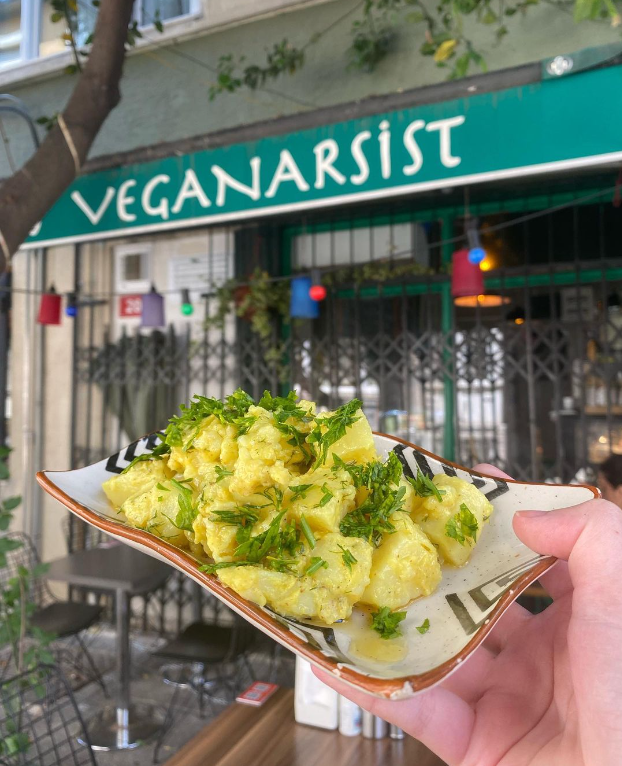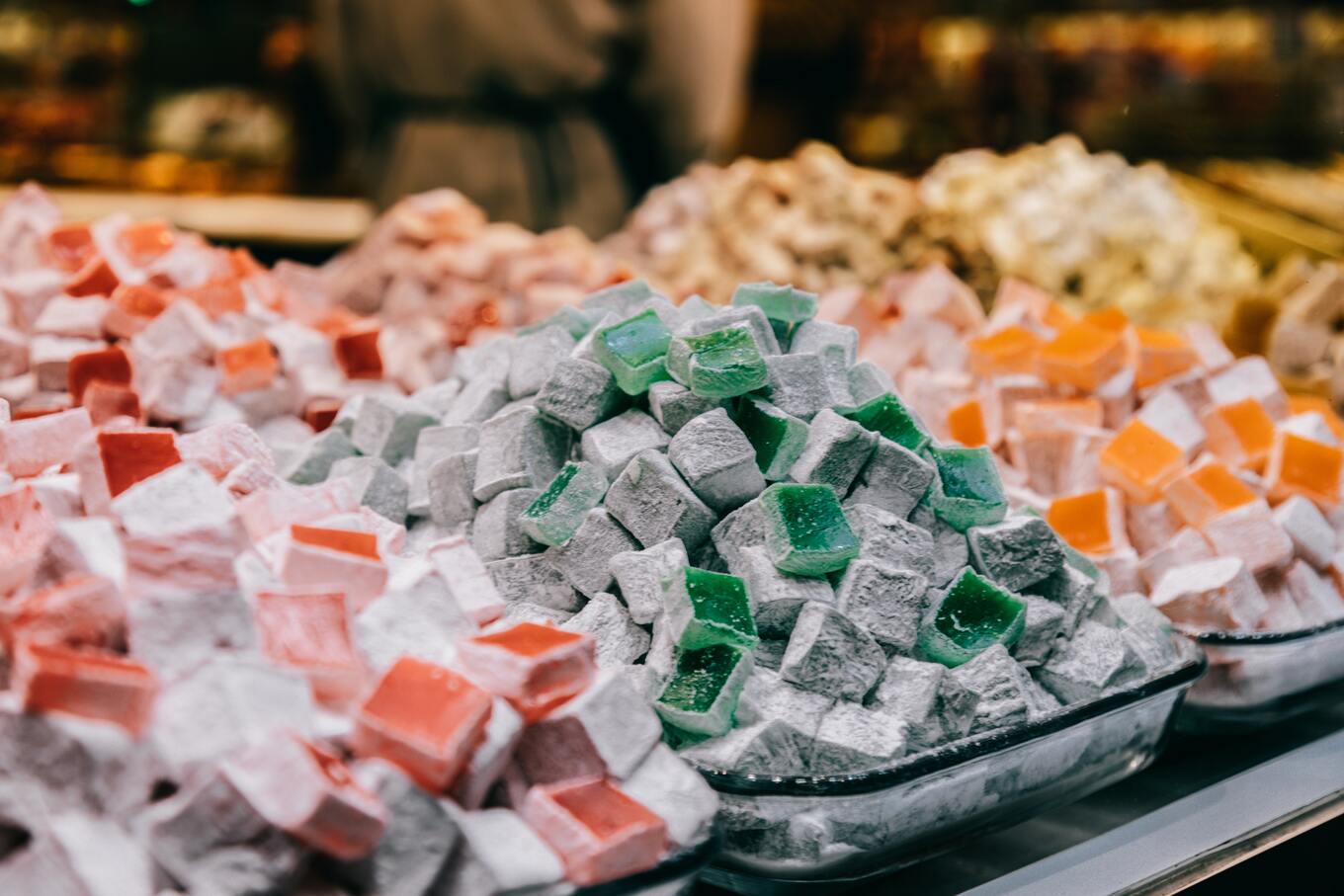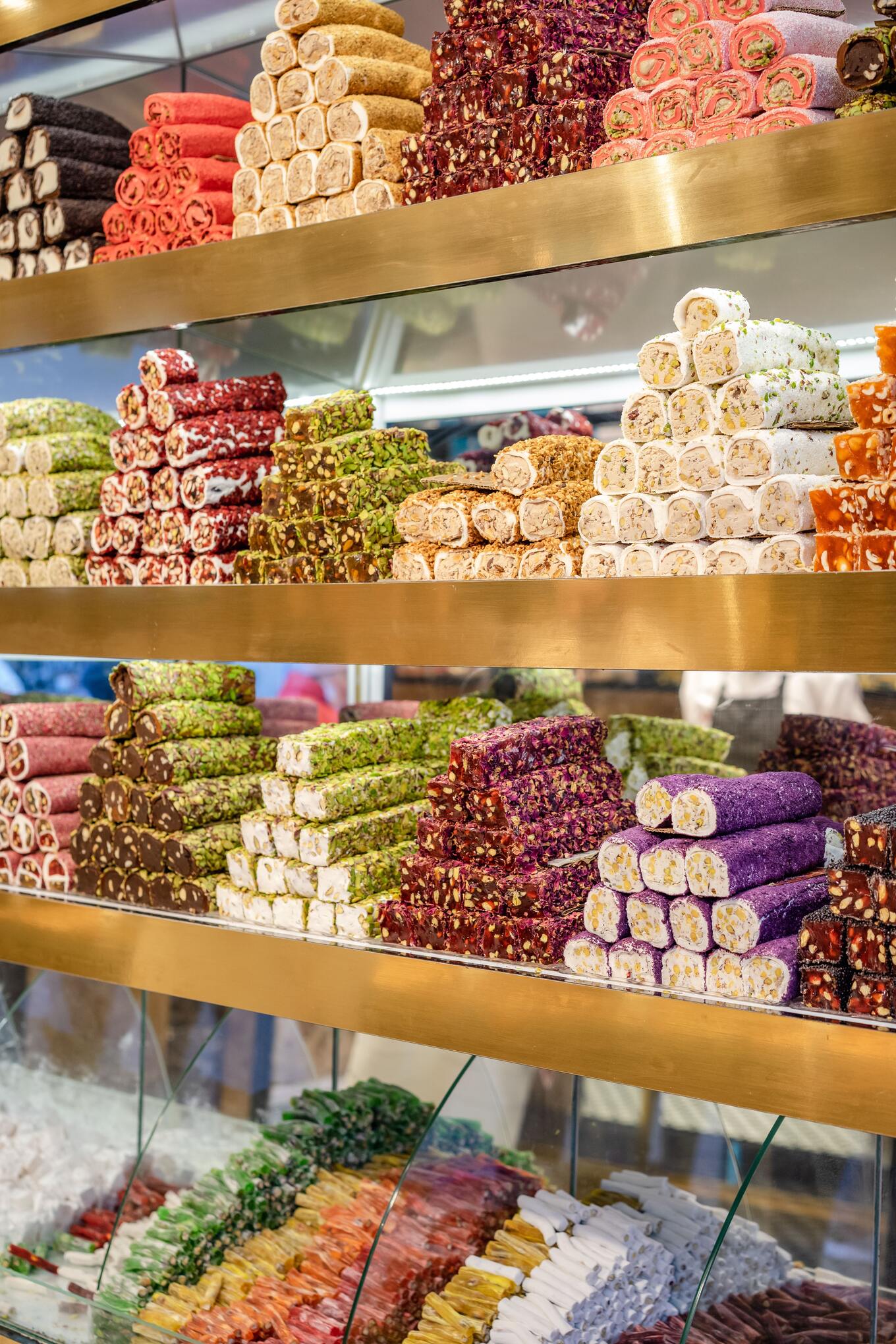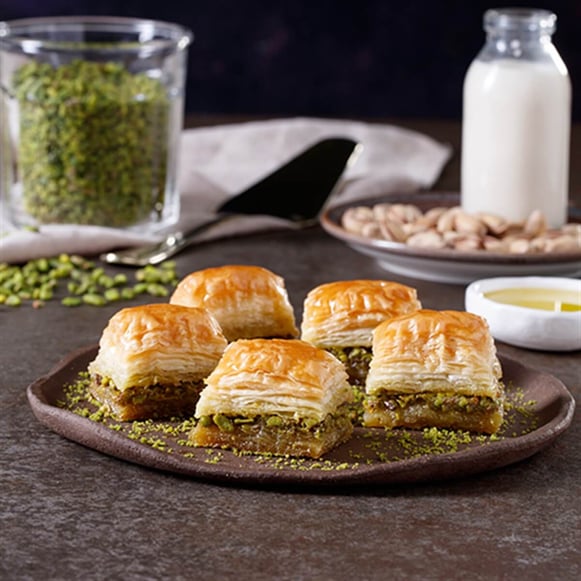From msn.com/en-ca
By Colman Andrews
About 88 million people worldwide practice a vegan diet, according to the World Animal Foundation, 13 million of whom live in the United States.
People abstain from meat and all other animal-derived products for various reasons, including religion, animal welfare, health, or the environment.
Showcasing a variety of plant-based fare, VNutrition explored global culinary traditions to outline 10 popular vegan dishes from around the world.
Traditional cuisines of countries such as Indonesia, Ethiopia, Israel, and India—where at least 1 in 10 people (11%) are vegan—include vast repertoires of plant-based dishes that highlight flavours and textures of locally available fruit and vegetables enhanced with spices and other nonanimal ingredients.
Even in places less known for meat-free fare, there are plenty of options: Mexico serves up guacamole and nopales (cactus paddle) tacos, mochi and soba or udon noodles are deliciously common in Japan, and Italy offers a range of pasta- and plant-based cuisine. Elsewhere, soy-based foods like tofu and tempeh have long substituted meat and cheese: Chinese Buddhists developed a range of savoury "mock meats" in the 10th century.
For those who've yet to experience the limitless palates of a vegan diet, it might be noted that Eleven Madison Park in Manhattan—one of only four restaurants in New York City to boast a coveted three Michelin stars—has served a plant-based menu exclusively since 2021.
Falafel is a croquette made with ground chickpeas mixed with minced garlic, parsley, scallions, and spices, then formed into balls or patties before being deep-fried. It's eaten, usually as a sandwich in pita bread, throughout the Middle East and beyond.
The Egyptians call it ta'miyya and make it with fava beans instead of chickpeas.
Ethiopia's cuisine is wonderfully rich with vegetable specialties.
Misir wot—"wot" means "stew"—is a hearty dish of red lentils and long-cooked onions. Complex flavours come from berbere, a wonderfully all-purpose spice mix of a dozen or more ingredients, including cayenne, ginger, turmeric, and cinnamon.
Like most Ethiopian food, misir wot is traditionally eaten without utensils and with the help of a piece of crêpelike bread called injera.
Doubles are a quintessential street food in Trinidad and Tobago. The dish, usually eaten for breakfast or after a night on the town, was invented in the 1930s by two married plantation workers who—like as much as 40% of the islands' population today—were of Indian origin.
The recipe calls for two rounds of fried flatbread, called bara, topped with curried chickpeas and finished with green mango pickles and a sauce made from Scotch bonnet peppers or tart tamarind. The simple ingredients provide a powerful evocation of home for emigrés from those islands living elsewhere.
Pasta sauces can be complex and often involve some form of meat or seafood. Not so for spaghetti aglio e olio, an elegantly simple dish requiring just three key staples of the Italian kitchen: pasta, garlic, and olive oil. The meal can be dressed up with a pinch of chili flakes.
Believed to hail from Naples, spaghetti aglio e olio is a prime example of cucina povera, or poor cuisine—a term referring to its lack of luxury ingredients, certainly not its paucity of flavour.
Çiğ köfte, or "raw meatball," is a specialty of southeastern Türkiye. The dish was originally a kind of steak tartare made with raw lamb or beef mixed with bulgur wheat, spices (including the ground chile called urfa biber), and other ingredients, pomegranate molasses drizzled over top. So what's it doing on a list of vegan meals?
Turkish health officials banned that kind of çiğ köfte in 2008 for food safety reasons. Without missing a beat, sellers swiftly developed a meatless version wrapped in a piece of tortilla like flatbread, with nuts sometimes substituted for meat. Today, it is sold in that form all over the country.
Channa (or chana) is the Hindi word for chickpea, and masalas are blends of dried spices vital to Indian cuisine. Channa masala, then, is a kind of chickpea curry, originally concocted in Northern India.
The dish is built on a base of caramelized onions and includes tomatoes and a healthy measure of garlic. Kulcha, naan, or some other Indian bread is considered an essential accompaniment—though for a vegan diet, make sure the bread is made without the traditional yogurt.
Indonesians love their vegetable salads, made with raw or cooked ingredients (sometimes both) and almost always flavoured with peanut sauce.
West Java's take, lotek, is a prime example of the Indonesian province's Sundanese cuisine, which combines sweet and sour flavours with spice and salt. Lotek is made solely with steamed or lightly boiled vegetables including spinach, cabbage, and bean sprouts. Ingredients are tossed in a bright peanut sauce flavoured with kencur (galangal, a ginger relative) and often served alongside tofu, tempeh, or rice.
Among Spain's most famous dishes, gazpacho is a cold soup of puréed tomatoes, sweet pepper, cucumber, garlic, and onion, seasoned with olive oil and vinegar.
In the region of Andalusia, gazpacho's birthplace, the soup is often drunk slightly chilled from a glass; however, it can also be served in a bowl, garnished with finely chopped bits of the vegetables that go into it. Traditional recipes include bread, though this may easily be omitted for those who are gluten-free or gluten-averse.
One of Korea's best-loved dishes, japchae is a savoury mix of sautéed vegetables such as spinach, mushrooms, and carrots tossed with glass noodles made from sweet potato starch.
Tradition has it that the dish was invented by a chef for King Gwanghaegun in the 17th century. Japchae can be served as a main course or side and is a popular staple for holidays, anniversaries, and other special occasions. The dish is often made with thin-sliced beef or pork—but the all-vegetable version is every bit as satisfying.
Gallo pinto means "spotted [or "painted"] rooster" in Spanish, but there's no poultry involved.
Considered the national dish of both Costa Rica and Nicaragua, it's a comfort-food classic of rice and beans (black beans in Costa Rica, red ones in Nicaragua) flavoured with peppers, cilantro, and various spices. The Costa Rican version takes on a special character thanks to the addition of Salsa Lizano, a condiment made with chiles or hot sauce and molasses. Gallo pinto is often eaten for breakfast, but it also finds a place at the table for any meal.




